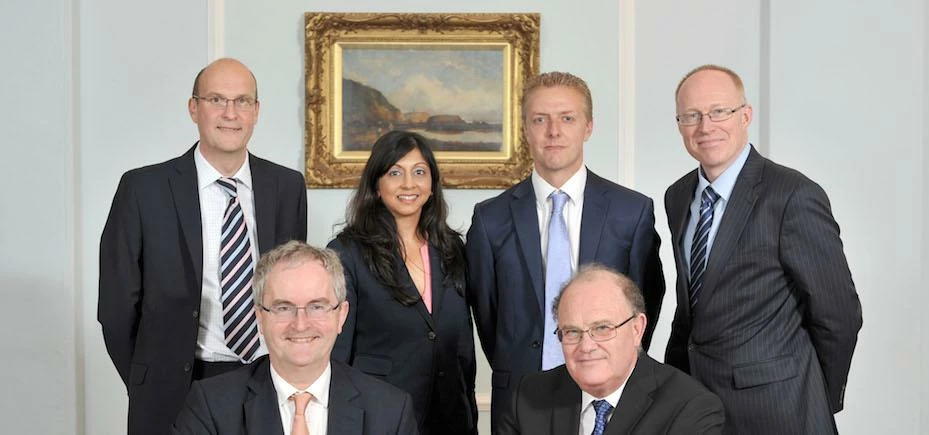
Euro Investment Bank Vice President signs off on £40m Hull University loan
The Vice-President of the European Investment Bank (EIB) visited Hull University yesterday to sign a £40m funding agreement.
Jonathan Taylor’s visit to the region comes in the midst of news of significant improvements to student facilities involving four capital projects at the University.
This £98m campus development programme includes £30m for the construction of new student accommodation, the £28m completed refurbishment of the Brynmor Jones Library and a new Health Hub, plus a remodeling of the Middleton Hall auditorium into a world-scale events space.
The £40m funding was agreed upon last month, and this will significantly contribute towards the cost of new projects, as well as improvements to energy efficiency across the University.
To secure this funding, the University of Hull had to undergo a strict due diligence process required by the EIB, which is focused on stimulating enterprise, employment and has strict eligibility and financial criteria.
Professor Calie Pistorius, Vice-Chancellor of the University of Hull, said: “Student experience, learning and teaching, research and enterprise, as well as facilities and accommodation at the University of Hull will be transformed over the next three years.
“We require long-term funding for this capital programme which is essential to the University of Hull’s ambitious investment-driven strategy. These developments are key to this strategy and the funding support from the EIB has enabled us to progress these.”
Jonathan Taylor, European Investment Bank, Vice-President, said: “Being able to see at first hand the ongoing transformation of the campus here in Hull demonstrates the University’s strong future in the years ahead and the European Investment Bank is pleased to help turn these plans into reality.
“The University of Hull can be congratulated for planning ahead to ensure that future generations of students can benefit, as well as cutting energy costs to reduce the carbon footprint.”
Professor Pistorius added: “We had to show that we had the academic strengths and management competence to deliver on the development. The University of Hull is committed to becoming a more sustainable institution and in doing so continues to reduce its impact on the environment. All projects for new buildings have environmental targets, and we will continue to actively monitor energy, carbon and financial savings.”
Phil MacDonald, director of finance at the University of Hull, also commented “The EIB understood our investment-driven strategy from day one, are not-for-profit and are able to lend over the long term at market leading rates.
“The synergy between us is key; it is refreshing to deal with a European bank who so fundamentally share our strategic goals.”
Looking to promote your product/service to SME businesses in your region? Find out how Bdaily can help →
Enjoy the read? Get Bdaily delivered.
Sign up to receive our popular Yorkshire & The Humber morning email for free.








 £100,000 milestone drives forward STEM work
£100,000 milestone drives forward STEM work
 Restoring confidence for the economic road ahead
Restoring confidence for the economic road ahead
 Ready to scale? Buy-and-build offers opportunity
Ready to scale? Buy-and-build offers opportunity
 When will our regional economy grow?
When will our regional economy grow?
 Creating a thriving North East construction sector
Creating a thriving North East construction sector
 Why investors are still backing the North East
Why investors are still backing the North East
 Time to stop risking Britain’s family businesses
Time to stop risking Britain’s family businesses
 A year of growth, collaboration and impact
A year of growth, collaboration and impact
 2000 reasons for North East business positivity
2000 reasons for North East business positivity
 How to make your growth strategy deliver in 2026
How to make your growth strategy deliver in 2026
 Powering a new wave of regional screen indies
Powering a new wave of regional screen indies
 A new year and a new outlook for property scene
A new year and a new outlook for property scene